Last fall, I decided that it would be a good idea to work with the children to know and understand some of the prayers that they had likely heard or would hear in the context of their church attendance in the future. It is always interesting to prepare a lesson for children with emotional disturbance that deals with challenging themes from scripture. It is helpful to interpret those familiar words and phrases within Christian expression that I know that they will encounter when outside the very supportive and nurturing atmosphere of Intermountain and the chaplain’s program. Entering the series on the Lord’s Prayer, I knew it wouldn’t be enough for me to simply edit out or rephrase words I knew might be difficult for them to understand. Instead, we would take the time to carefully digest the words of this well-know passage and make sense of the Lord’s Prayer for a child that had experienced significant trauma and loss.
It was an excellent exercise in “trauma-informed ministry,” which I have written about previously. Trauma-informed ministry can sometimes be misunderstood as an effort to remove the “hard things” a faith tradition teaches because they might trigger someone and are best avoided (think about the backlash among some segments of society to the concept of trigger warnings, safe spaces, and micro-aggressions!). My view is that true trauma-informed ministry delves into the hard spaces and difficult teachings of various faith traditions because… guess what? Those that have experienced trauma are already in a hard space and are already experiencing difficulty! These are those situations that Jesus spoke into and Jesus sought to bring hope and healing to the hurting. Jesus 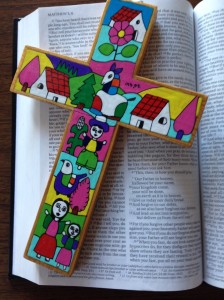 taught his prayer to a traumatized, oppressed, and desperate people! The Lord’s Prayer was never meant to be viewed as something akin to a Hallmark card greeting or something destined to be a lovely cross-stitch that hung on the wall or sat on the mantle.
taught his prayer to a traumatized, oppressed, and desperate people! The Lord’s Prayer was never meant to be viewed as something akin to a Hallmark card greeting or something destined to be a lovely cross-stitch that hung on the wall or sat on the mantle.
With that in mind, let us reread the words of scripture (Matthew 6:9-13, NIV):
“This, then, is how you should pray:
“‘Our Father in heaven, hallowed be your name,
your kingdom come, your will be done, on earth as it is in heaven.
Give us today our daily bread.
And forgive us our debts, as we also have forgiven our debtors.
And lead us not into temptation, but deliver us from the evil one.’”
LOTS of potential “triggers” there that might bring up difficult feelings and strong reactions… which is why I took the better part of two months to go through, line-by-line, the meaning of this prayer for our children. I’ll highlight just three issues we bumped up against below:
“OUR FATHER.” How do you communicate the loving care of God as a parent to those struggling with their relationships with earthly parents, birthparents, adoptive parents, or foster parents? In most cases, the parents of our children are doing an incredible job with very overwhelming children! It’s not a matter of parenting deficits that need to be mitigated for, but the perception of a child that is so trapped in shame and self-loathing that they cannot properly receive or interpret the actions of a loving parent! And that’s for a parent they can see, feel, talk to and interact with… not a all-knowing, all-powerful heavenly parent. How do you address a relationship like that? Most adults have a hard time thinking of God as a loving parent, a kind Father.
“FORGIVE… AS WE ALSO HAVE FORGIVEN.” Oh my. Books have been written about the issue of forgiveness within the context of deep loss and hurt, so what could I meaningfully relate in a just a few sentences? We had to talk about defenses we have and the protective behaviors we have learned through our traumas that make forgiveness and relationships hard. [click here for another story from chapel along this theme] We focused on how, when we get in the practice of forgiving others, it becomes easier to accept the forgiveness of God and others in our lives. I truly think Jesus meant this prayer to remind us that we are to be conduits of his grace and forgiveness so we can truly experience the forgiveness we already have! My debt has already been forgiven, and nothing I do can change that. What does hang in the balance is my experience of that forgiveness, and if I withhold forgiveness from another I clog up the works, so to speak, and God’s grace and forgiveness doesn’t flow as easily through me. Like I said… way too much here to deal with in one paragraph, but we had an excellent and open conversation in chapel about how hard this prayer can be to pray at times.
“TEMPTATION… DELIVER US FROM THE EVIL ONE.” Yes. We went there in chapel. We talked about the goodness of God and the paradox of a good, loving God allowing evil into our lives. It was like walking on holy ground to be surrounded by beautiful children who have suffered as a result of the evils in this world. The amazing thing is, our children don’t need to be convinced of humankind’s capacity for evil or their own participation in the depravity of the world. It was very freeing from them to understand that Jesus taught this as a prayer for EVERYONE, meaning even a hypothetical ‘spiritual dream team’ (the 12, the Pope and Mother Teresa, pastors, staff, the chaplain, whoever they might have thought of as “having it all together”) was instructed to be on guard against temptation and their own ability to participate in bad things. This isn’t a prayer for those that the church is waiting patiently for in order to get with the program! No, this prayer, in light of the call to forgiveness above, is a reminder of our need to look to God for our protection and provision in the midst of the difficulties this world presents.
In a future post, I’ll reveal the “rewrite”/interpretation of the Lord’s Prayer that our children came up with as well as an insight or two that they shared. Maybe this new version might even make it’s way into your prayer time or prompt some soul-searching in regards to this very popular prayer and what it means for Jesus’ followers to pray these words. But… that’s for next time! Until then, may God’s peace and blessing be with you all. Thank you for your love, support and prayers for the children of Intermountain and for all those children traumatized and working through toxic stress and adversity.






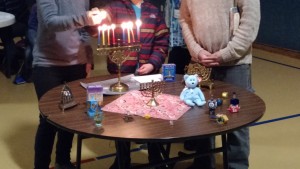
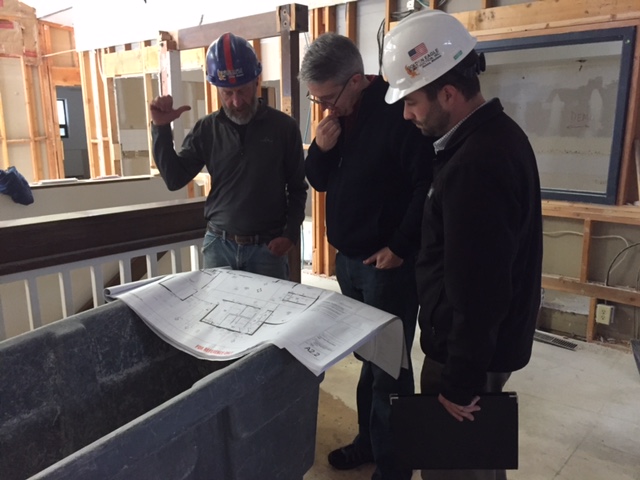


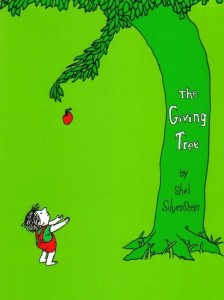
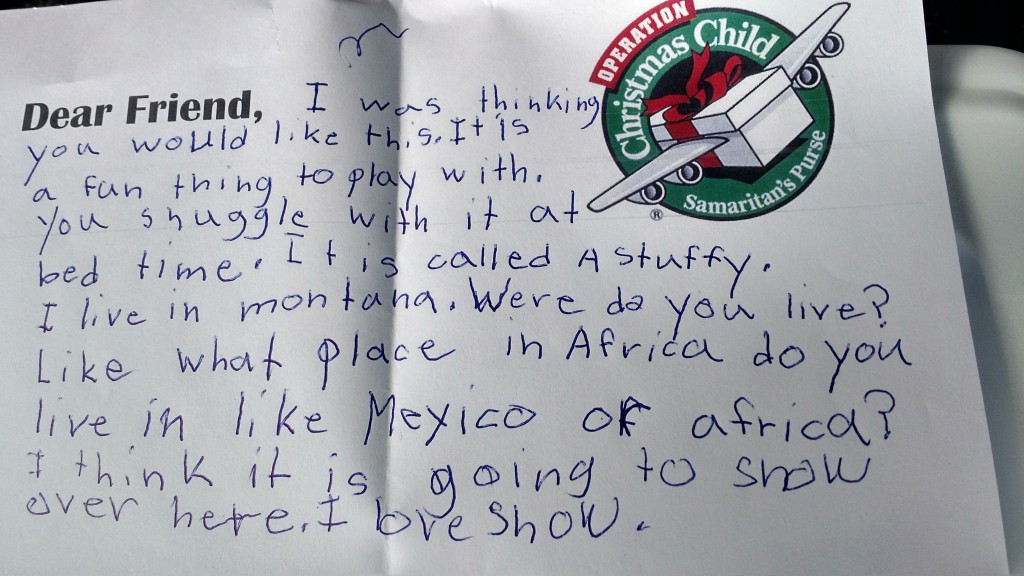
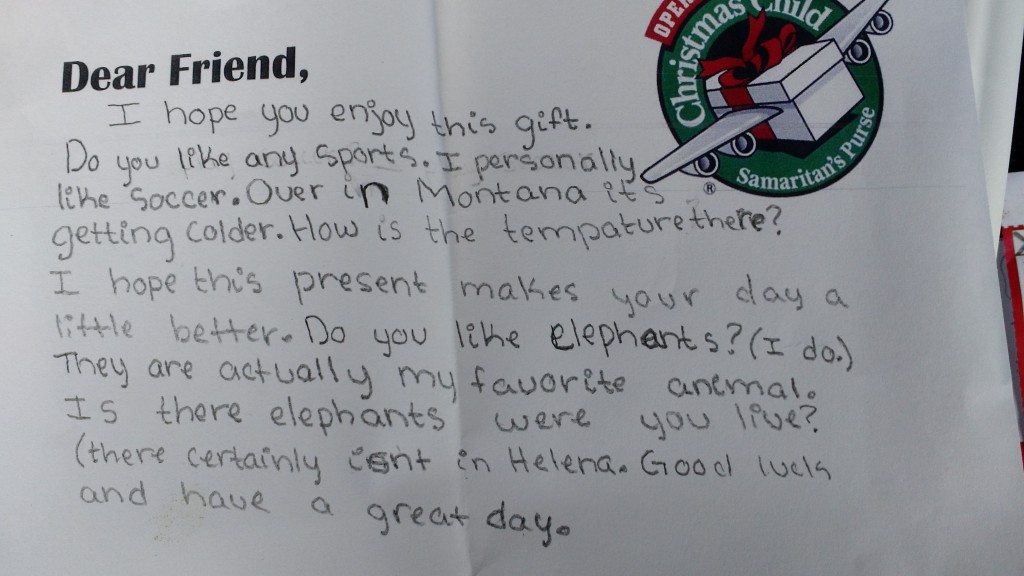
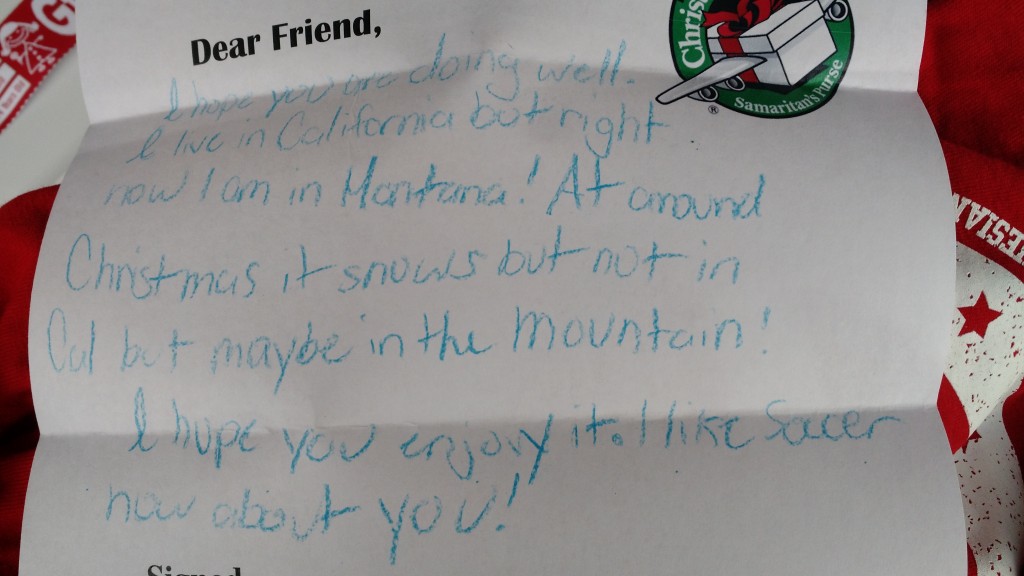
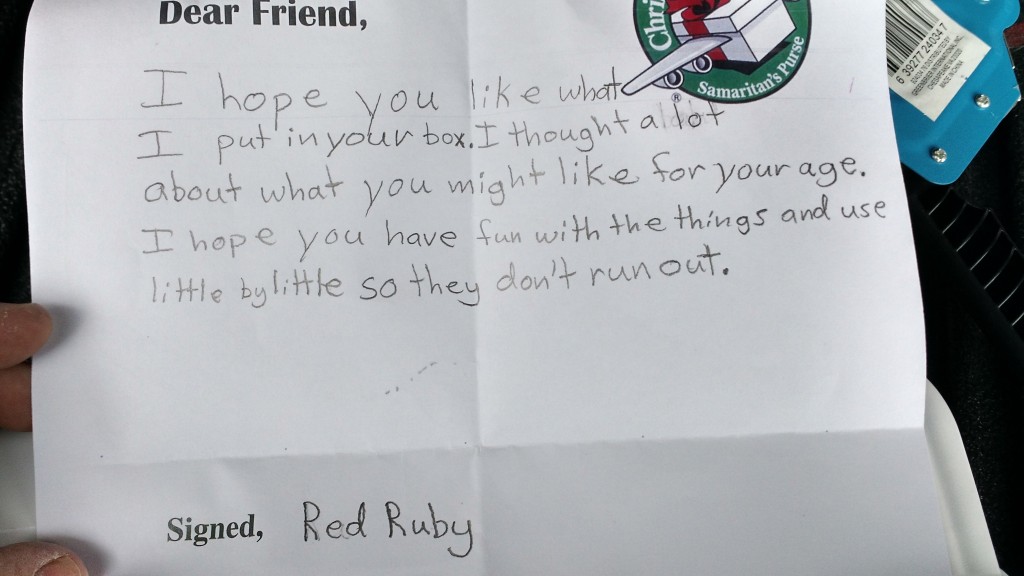

 Click here to subscribe to our RSS feed with your favorite email client and be alerted to new articles.
Click here to subscribe to our RSS feed with your favorite email client and be alerted to new articles.